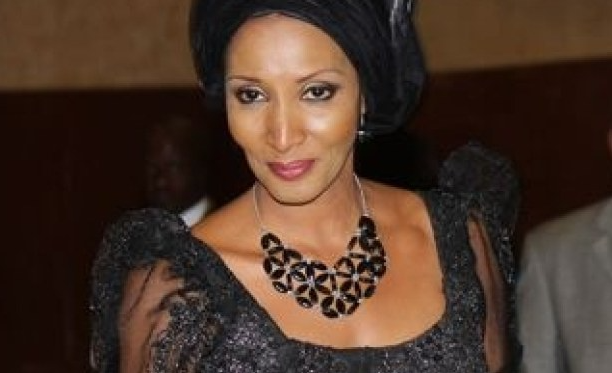Abuja, Ngeria – The United States government has initiated the deportation of 85 Nigerian nationals as part of President Donald Trump’s intensified immigration enforcement policies. This first batch of individuals, currently held in U.S. immigration detention centers, are slated to arrive in Lagos imminently.
According to U.S. Ambassador to Nigeria, Richard Mills Jr., the initial group of deportees comprises individuals convicted of various offenses in the United States. Ambassador Mills stated, “The first group will be convicted prisoners—those who committed crimes and are in U.S. prisons.” He further clarified that some deportees had violated U.S. immigration laws, exhausted all legal appeals, yet remained in the country unlawfully.
Nigeria’s Minister of State for Foreign Affairs, Bianca Odumegwu-Ojukwu, has expressed significant concerns regarding the deportation process. During a meeting with Ambassador Mills at the Tafawa Balewa House in Abuja, she emphasized the need for deportations to be conducted with dignity and in accordance with international conventions. The minister highlighted the emotional and financial hardships faced by deportees and their families, many of whom rely on remittances for survival and education. She questioned whether deportees would be granted sufficient time to manage their affairs before repatriation or if they would be summarily removed, stating, “Will there be any way of ameliorating their pains?”
The deportation initiative is part of a broader crackdown on illegal immigration by the Trump administration, which has seen the removal of nationals from various countries, including Colombia, Mexico, and India. Recent data indicates that approximately 3,690 Nigerians are currently listed for deportation from the U.S., underscoring the extensive impact of these policies on the Nigerian diaspora.
Bianca Odumegwu-Ojukwu has called upon the U.S. government to ensure that deportations are carried out humanely, allowing deportees adequate time to settle their personal affairs. She stressed the importance of adhering to established international protocols to minimize trauma, especially for those who have not committed violent crimes. The minister also noted the far-reaching consequences of such deportations, affecting not only the individuals but also their dependents in Nigeria.
In response, Ambassador Mills assured that the deportation process would comply with international standards. He reiterated that the individuals being repatriated include those who have committed crimes and violated U.S. immigration laws. The ambassador confirmed that all deportees would be received in Lagos, where Nigerian authorities are prepared to process their return.

